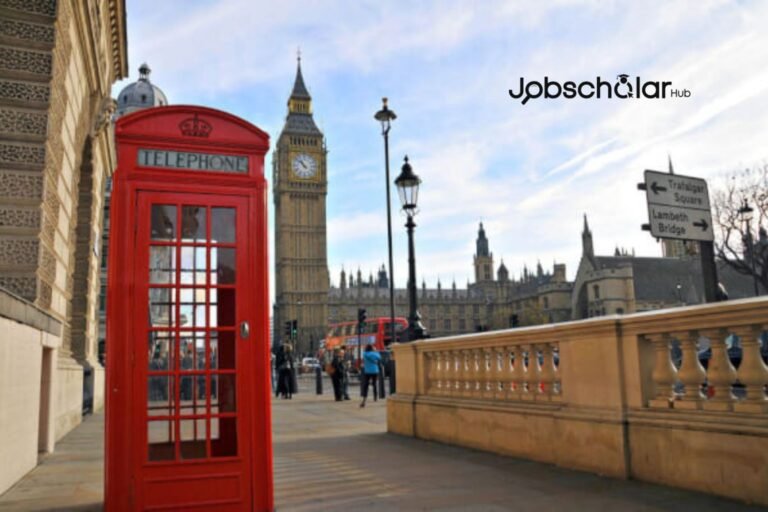Imagine waking up one morning to discover that your newborn child might not be a U.S. citizen. This is the stark reality facing thousands of immigrant families following President Trump’s controversial executive order on U.S. Birthright Citizenship Changes.
The directive, signed on January 20, 2025, sends shockwaves through immigrant communities, threatening to dismantle a fundamental principle that has defined American citizenship for generations.
For over 150 years, the United States has upheld a simple yet powerful promise: if you’re born on American soil, you’re an American. Now, that promise hangs in a delicate balance.
The Birthright Citizenship Changes in the U.S. target children of undocumented immigrants and those with parents on temporary visas, potentially impacting nearly 150,000 children annually.
Table of Contents
Key Changes to Citizenship Rules
The executive order, set to take effect on February 19, 2025, introduces dramatic restrictions on automatic citizenship:
Children will be denied U.S. citizenship if:
- Parents are not U.S. citizens or permanent residents:
- Parents are in the U.S. on temporary visas (work, student, tourist)
- One or both parents are undocumented
Immediate Social Impacts
The immediate social impact of these changes is profound and multifaceted. Perhaps most significantly, they threaten to create a significant population of stateless children.
Impact on Immigrant Families
Estimates suggest that approximately 150,000 children born each year in the U.S. could be affected by these new restrictions. The consequences for these children are potentially devastating.
Denied U.S. citizenship, they may lose access to fundamental rights and privileges enjoyed by American citizens. This includes the right to:
- Work: Secure employment opportunities and build a stable career.
- Vote: Participate in the democratic process and elect their representatives.
- Serve on juries: Fulfill their civic duty as active members of society.
- Obtain government documents: Such as driver’s licenses, passports, and social security cards, essential for everyday life.
- Access healthcare and social services: Including public education, healthcare benefits, and other government assistance programs.
Read Next: Temporary Protected Status (TPS) in the U.S Countries Designated and Application Procedures
Legal and Administrative Consequences
The implementation of these new rules presents significant bureaucratic challenges such as:
- Delays in obtaining essential documents: Families may face lengthy delays in obtaining birth certificates and other crucial documents for their children, creating significant hurdles in accessing basic services and navigating daily life.
- Complex verification process for newborn citizenship: Hospitals and other relevant institutions will be burdened with a complex and potentially error-prone process of verifying parental immigration status at the time of birth.
- Potential administrative bottlenecks: The sheer volume of applications and the complexity of the new regulations could lead to significant backlogs and delays in processing child documentation, causing undue stress and hardship for families.
Economic Implications
Beyond the immediate social and legal consequences, the economic implications of these changes are equally concerning. They include:
1. Workforce and Community Effects
Experts warn of significant economic repercussions. The Migration Policy Institute predicts that by 2050, this policy could:
- Creation of a Vulnerable Population: These children may be relegated to a permanent underclass, facing significant barriers to education, employment, and economic advancement.
- Reduced economic mobility for affected children: Limited access to quality education and stable employment opportunities will severely restrict their economic mobility, perpetuating cycles of poverty and inequality.
- Disruption of family and community stability: The uncertainty and anxiety surrounding citizenship status can have a profound and destabilizing effect on families and communities, undermining social cohesion and economic progress.
2. Potential Economic Devastation
Research shows the economic impact could be catastrophic:
- Families may lose 40-90% of their income following immigration enforcement
- An estimated 908,891 households could fall below the poverty line if breadwinners are deported.
Legal Challenges
The U.S. Birthright Citizenship Changes have faced immediate and sustained legal opposition.
- Ongoing Resistance: Shortly after the executive order was issued, 22 Democratic-led states filed a lawsuit challenging its constitutionality.
- Multiple Lawsuits Filed: These legal challenges argue that the order violates the 14th Amendment and exceeds the executive branch’s authority.
- Civil rights organizations (ACLU) mounting legal opposition: The American Civil Liberties Union (ACLU) and other civil rights organizations have joined the legal battle, arguing that the policy is discriminatory and will disproportionately harm immigrant families and children.
- Arguments center on constitutional violations: The core legal arguments focus on the violation of the 14th Amendment’s guarantee of citizenship to all persons born or naturalized in the U.S., regardless of their parents’ immigration status.
Read Also: The Role of Immigration Lawyers: Do You Need One?
Broader Social Implications
Beyond the legal and economic ramifications, these changes have significant broader social implications.
Potential Discrimination
Civil rights advocates express deep concerns about the order’s potential discriminatory impact:
- Perceived targeting of specific racial and ethnic communities: Critics argue that the policy has a disproportionate and discriminatory impact on immigrant communities, particularly those of color, raising concerns about racial profiling and systemic discrimination.
- Potential stigmatization of children based on parental status: The policy could lead to the stigmatization of children born in the U.S. whose parents are not citizens or are undocumented, potentially leading to social isolation, discrimination, and psychological distress.
- Concerns about unequal application of citizenship rights: The subjective nature of the new rules and the potential for discriminatory enforcement raise concerns about the unequal application of citizenship rights and the potential for arbitrary and capricious decisions.
Uncertainty and Future Outlook
Beyond the legal battles, the Birthright Citizenship Changes have created a climate of fear and uncertainty within immigrant communities across the nation.
Families live in constant anxiety, wondering about the future of their children. The specter of potential separation, deportation, and a life marked by legal limbo hangs heavy over their lives.,
This climate of fear has eroded trust between immigrant communities and the government, making it difficult for families to access essential services and participate fully in society.
It has also fueled a rise in xenophobia and discrimination, with some individuals targeting immigrant families with suspicion and hostility.
Conclusion
With these changes, the future of birthright citizenship in the U.S. remains uncertain. The legal challenges are likely to continue for years, potentially culminating in a landmark Supreme Court decision that could reshape the very definition of American citizenship.
Even if the courts ultimately strike down the executive order, the damage may already be done. The erosion of trust, the deepening of social divisions, and the psychological scars inflicted upon countless families will take years to heal.
The U.S. Birthright Citizenship Changes serve as a stark reminder of the fragility of our democracy and the importance of upholding the principles of equality and inclusion for all.
The nation must grapple with the profound ethical and moral questions raised by this policy shift and strive to create a society where all children, regardless of their parents’ immigration status, have the opportunity to thrive and reach their full potential.
See Also: Family-Based Immigration in the U.S- Sponsorship & Visa
Frequently Asked Questions
Children born to undocumented immigrants or parents on temporary visas will be most impacted.
Multiple legal challenges suggest the order may be overturned by courts or future legislation.
Approximately 150,000 children annually could be affected by these changes.
Potential creation of a stateless population, reduced economic mobility, and significant social disruption.
References
- time.com– What to Know About Trump’s Order on Birthright Citizenship and the Legal Battle Around It
- www.npr.org– Trump wants to end birthright citizenship. That’s easier said than done
- www.aljazeera.com– Trump ‘scraps’ birthright citizenship: Who will it affect?






